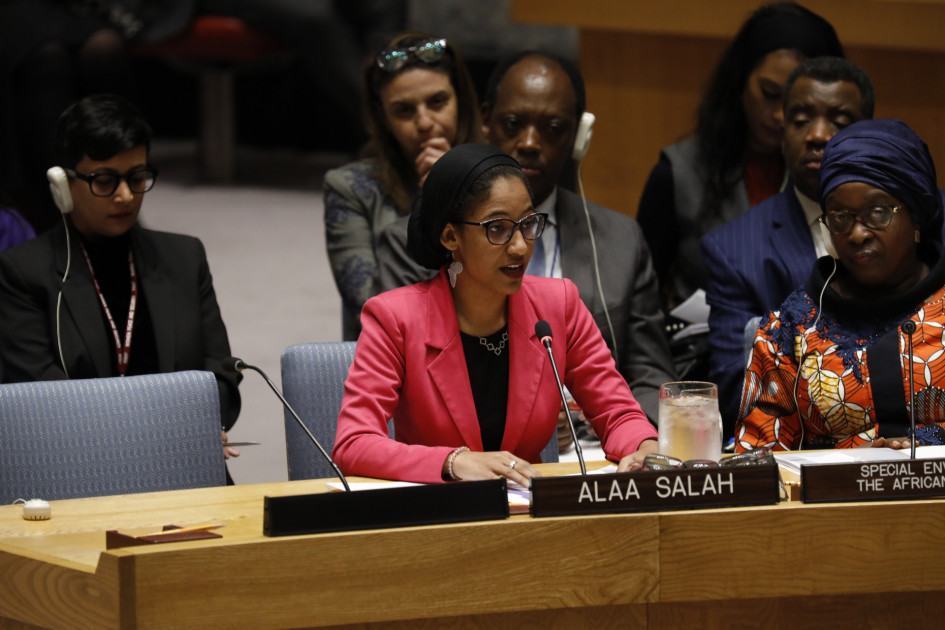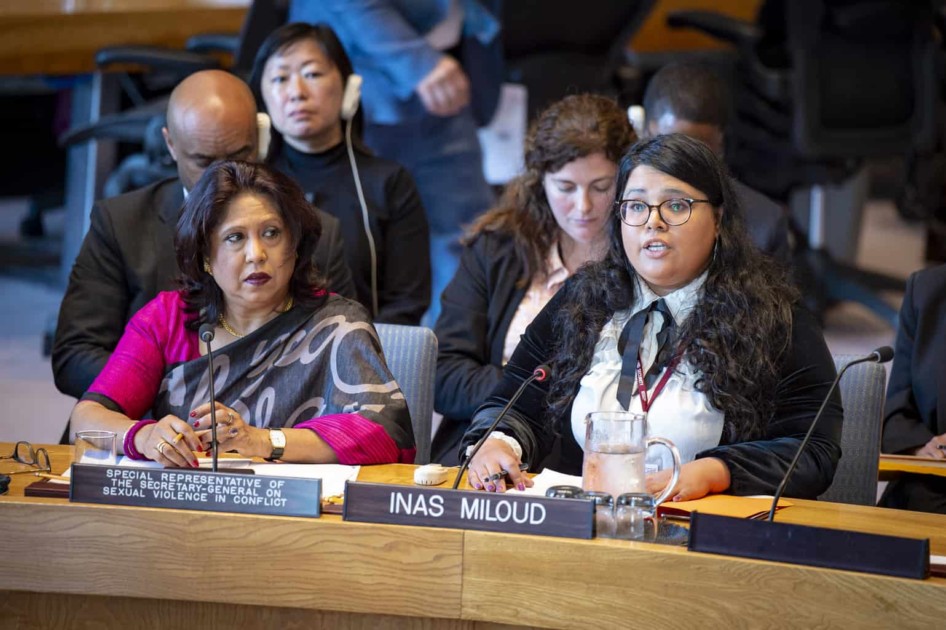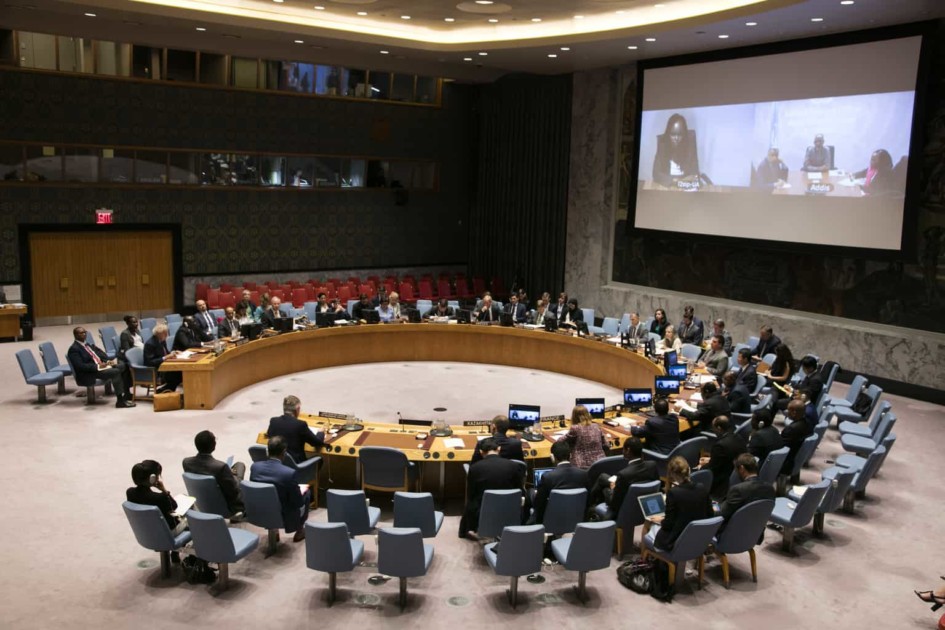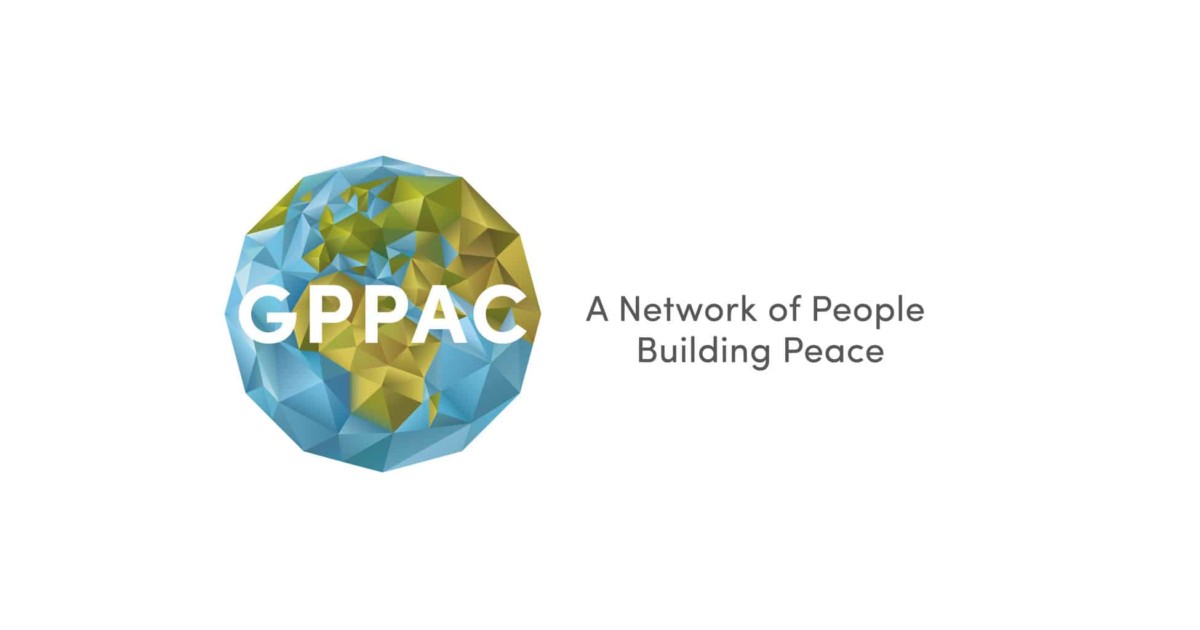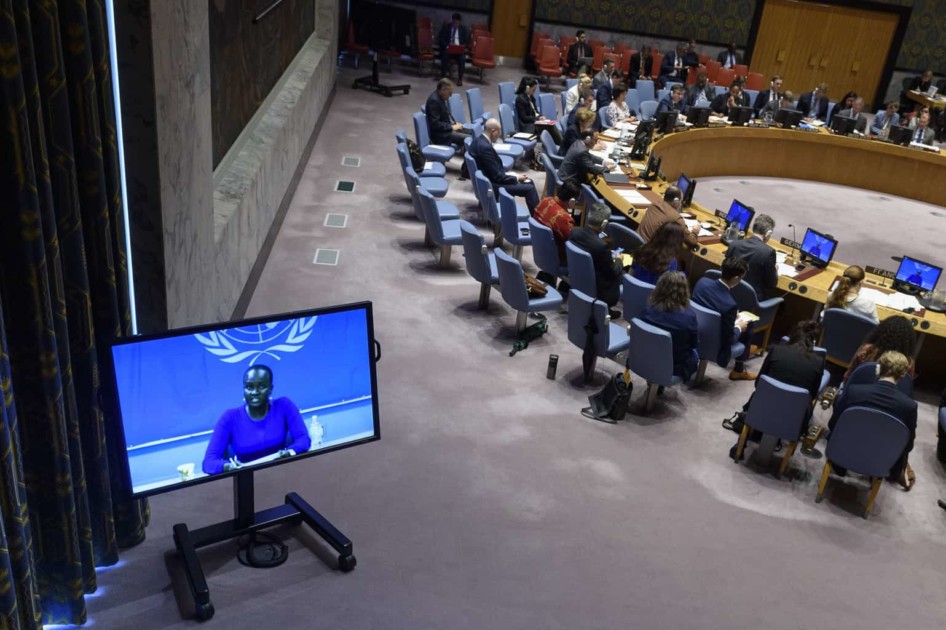Conflict Prevention & Resolution
Lasting peace requires comprehensive conflict prevention, which ensures all actors have the capacity to participate in and access formal processes that address root drivers and causes of conflict and provide cooperation across political and/or other sectarian boundaries. The Security Council has, has discussed conflict prevention and resolution, including mediation, calling for gender experts in mediation teams in Security Council Resolution 2122 (2013) and issues of sexual and gender-based violence in mediation efforts in Security Council Resolution 2106 (2013). Security Council Resolution 2242 (2015) further reaffirmed that women and girls’ empowerment and gender equality are critical to conflict prevention.
The NGO Working Group works advocates for gender-sensitive approaches to both short and long-term conflict prevention efforts with a particular emphasis on addressing the root causes of conflict and systematic and structural drivers of gender inequality, gender discrimination and gender violence. Effective conflict prevention demands recognition of gendered dynamics and impacts of armed conflict, with policy analysis and monitoring that clearly identifies the masculine and feminine social roles that contribute to violence and subordination. In mainstreaming gender across conflict prevention, the Security Council is requested to support an increase in women’s participation in all efforts to prevent and resolve conflict; including by supporting women’s civil society organizations’ participation in the planning, design and implementation of preventative policies and programs for violence.
Conflict Prevention & Resolution
Lasting peace requires comprehensive conflict prevention, which ensures all actors have the capacity to participate in and access formal processes that address root drivers and causes of conflict and provide cooperation across political and/or other sectarian boundaries. The Security Council has discussed conflict prevention and resolution, including mediation- calling for gender experts in mediation teams in Security Council Resolution 2122 (2013), and issues of sexual and gender-based violence in mediation efforts in Security Council Resolution 2106 (2013). Security Council Resolution 2242 (2015) further reaffirmed that women and girls’ empowerment and gender equality are critical to conflict prevention.
The NGO Working Group works advocates for gender-sensitive approaches to both short and long-term conflict prevention efforts, with a particular emphasis on addressing the root causes of conflict and the systematic and structural drivers of gender inequality, gender discrimination and gender violence. Effective conflict prevention demands recognition of gendered dynamics and impacts of armed conflict, with policy analysis and monitoring that clearly identifies the masculine and feminine social roles contributing to violence and subordination. In mainstreaming gender across conflict prevention, the Security Council is requested to support an increase in women’s participation in all efforts to prevent and resolve conflict; including by supporting women’s civil society organizations’ participation in the planning, design and implementation of preventative policies and programs for violence.
Current and Past Recommendations to the UN Security Council (Monthly Action Points)
Conflict prevention efforts must be gender-sensitive and combine short-term and long-term approaches that address the root causes of conflict. This must be accomplished in part by addressing systemic and structural discrimination and inequality, which is often at the heart of grievances driving conflict. In line with the recommendations included in the report of the Secretary-General on small arms and light weapons (S/2015/298), the Council should ensure policy responses recognize the gendered nature of armed violence. This recognition must include analysis of the male social roles that often shape conflict and armed violence and the structural subordination of women and girls. Neglecting to consider some of the key root causes of armed violence, and its various impacts on girls, boys, women, and men, will result in incomplete and unsuccessful policies. Across every agenda item, the Security Council should ensure it’s receiving information that considers gender dynamics in all reports and briefings, particularly in any assessment of potential changes or modifications to the mandate of a mission, in line with SCR 2122 (OP 4). Further, in accordance with SCRs 2171 (OPs 18, 19) and 2122 (OP 2(c), 7), the Council should support an increase in women’s participation in all efforts to prevent and resolve conflict; including by supporting women’s civil society organizations’ participation in the planning, design and implementation of conflict prevention policies and programs.
Relevant Resources


